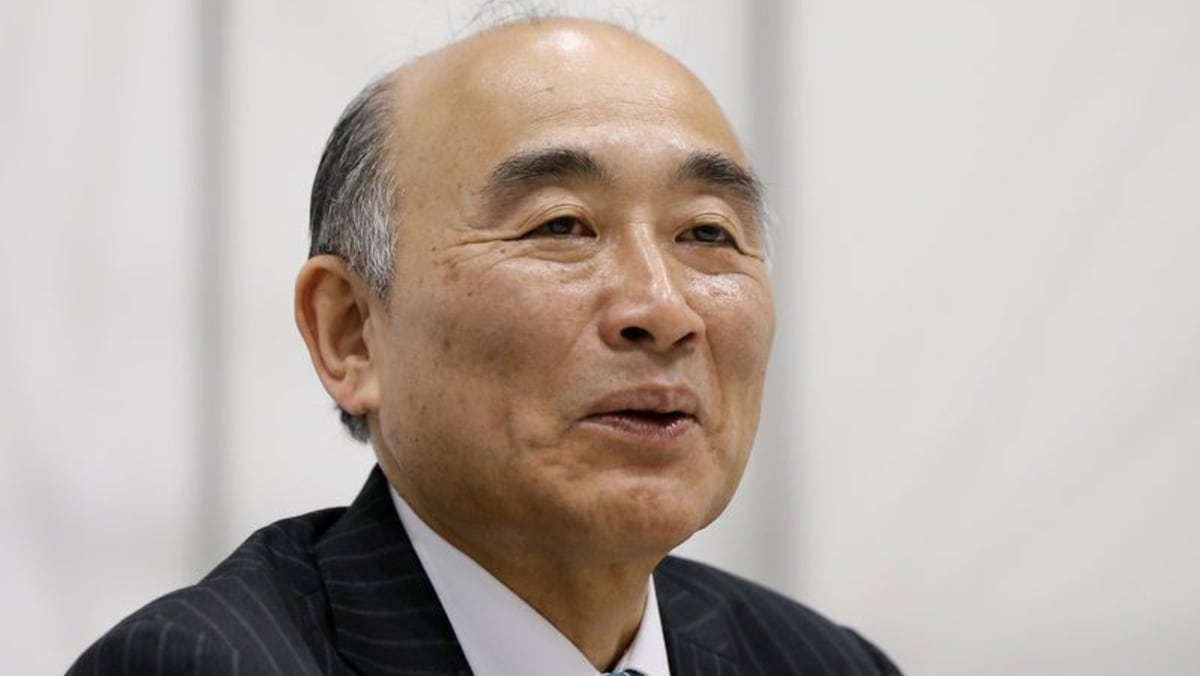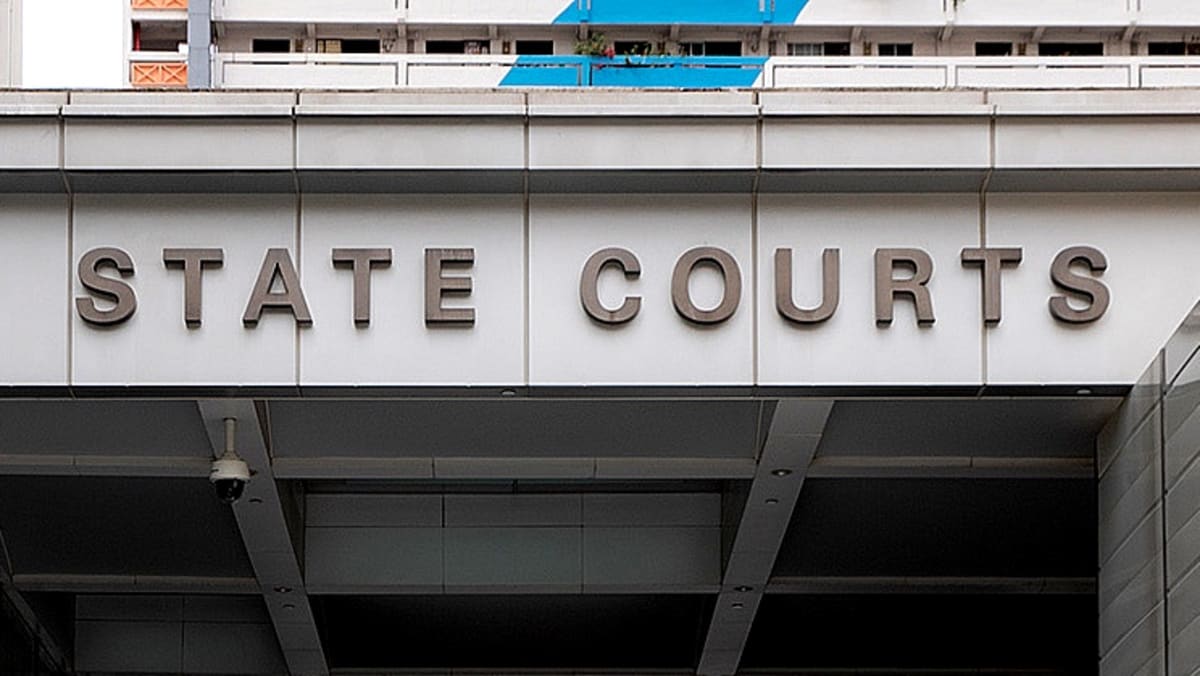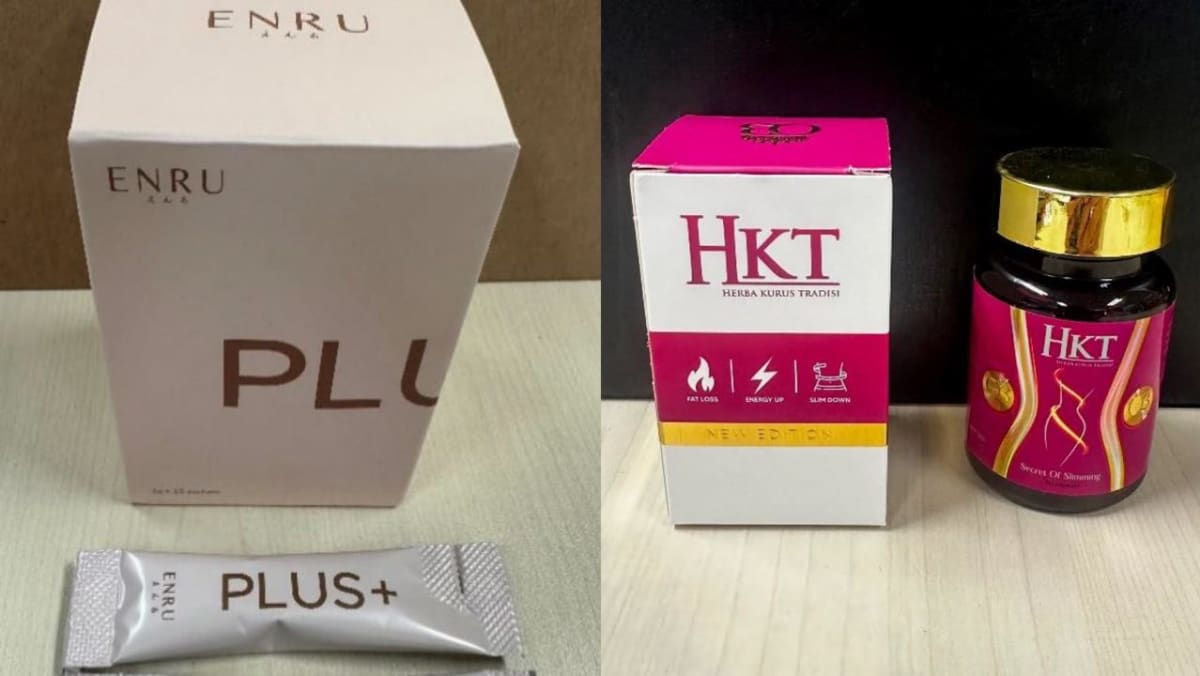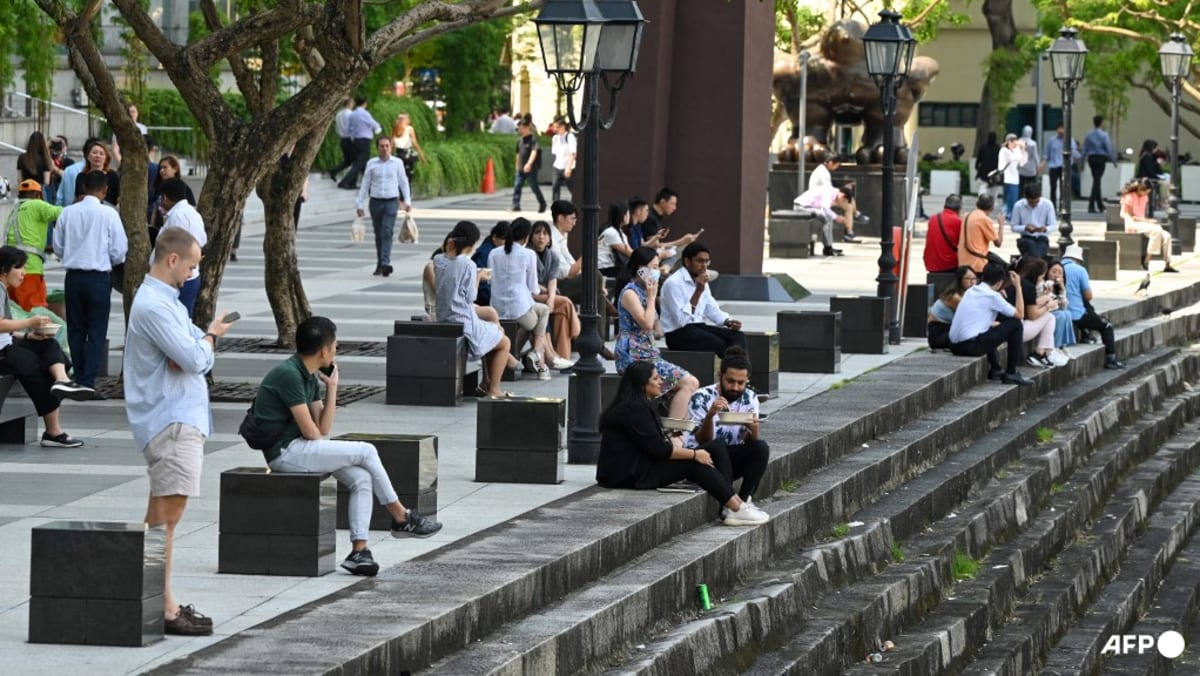SINGAPORE: The Health Sciences Authority (HSA) said on Tuesday (Jan 30) over 12,000 listings of illegal health products were removed from local e-commerce and social media platforms in 2023.
Joint enforcement efforts alongside the police, the Immigration & Checkpoints Authority (ICA) and Interpol, also led to the seizure of more than 1.12 million units of illegal health products last year.
There were big spikes in both the number of illegal health products seized as well as listings of illegal health products taken down – more than 50 per cent and almost three times higher to 12,474 respectively – compared with 2022.
HSA largely attributed both increases to heightened enforcement, including a major operation in conjunction with the police to clamp down on a suspected illegal codeine syndicate, and two international operations led by Interpol targeting online sales of sexual enhancement products, among others.
The authority added that the types of products that were seized “remained similar”. Sexual enhancement or male vitality products and addictive medicines, such as codeine cough syrup and sedatives, continued to be the most common categories.
“These products were unregistered, counterfeit, or had potent medicinal ingredients and/or banned substances illegally added,” said HSA.
Sexual enhancement or male vitality products made up 32 per cent of the removed listings in 2023. At 18 per cent, listings for hair and beauty products, including those for treating hair loss, formed the third-highest removal.
COVID-19 related products like test kits, weight loss products, contraceptives and products meant to manage chronicle conditions like eczema, also featured prominently among the listings taken down last year.
Sixteen people were prosecuted for the sale and supply of illegal health products in 2023, with HSA highlighting one case which involved the illegal importation and sale of medicines on Telegram.
The agency worked with ICA, leading to the seizure of more than 94,000 units of sedatives and codeine tablets, and about 45L of cough syrup with an estimated street value of about S$190,000 (US$141,000). The seller, a 35-year-old man, was sentenced to 30 weeks’ jail.
Sellers and suppliers who are selling such products are liable to be prosecuted and if convicted, may face a jail term of up to three years, fined up to S$100,000, or both.
POTENT INGREDIENTS
HSA said sibutramine and potent steroids like dexamethasone, betamethasone and prednisolone, were the most common adulterants detected in illegal health products.
Sibutramine is a prescription-only weight loss medicine that has been banned in Singapore in 2010 as it raises the risk of heart attack and stroke.
Betamethasone, dexamethasone, and prednisolone are potent steroids that should only be used under strict medical supervision as they are usually prescribed for inflammatory conditions.
Five products marketed for weight loss contained sibutramine, while steroids were found in five products meant for pain relief or management of chronic products like cough and gout.
Other reported serious effects include heart problems and central nervous system disorders such as psychosis and hallucinations.
HSA said last July that a woman experienced breathlessness, heart palpitations and nausea while another had palpitations and dizziness after consuming ENRU PLUS+, which was marketed online as a slimming product.
After taking “DND Rx9” pills for several months for gout, the agency said last May that a man in his 30s developed Cushing’s syndrome, a serious medical condition caused by the prolonged use of steroids. It is characterised by a round face or “moon face” appearance.
HSA added last November that an eczema cream, EUZEMA Confidence Revival Cream, was found to contain betametasone, while the level of arsenic in it was over 430 times higher than allowable limits.
After using the cream for a year, a man in his 30s developed a skin reaction called purpura, where purplish red spots appear due to small bleeds under the skin.
Dr Kuan Ling Yee from the National Skin Centre said it was understandable for eczema patients to hope to explore alternative treatments while seeking a solution to their condition.
“However, they should bear in mind that they may encounter false information and inaccurate representations of products, especially with the advancement of the Internet,” he said.













